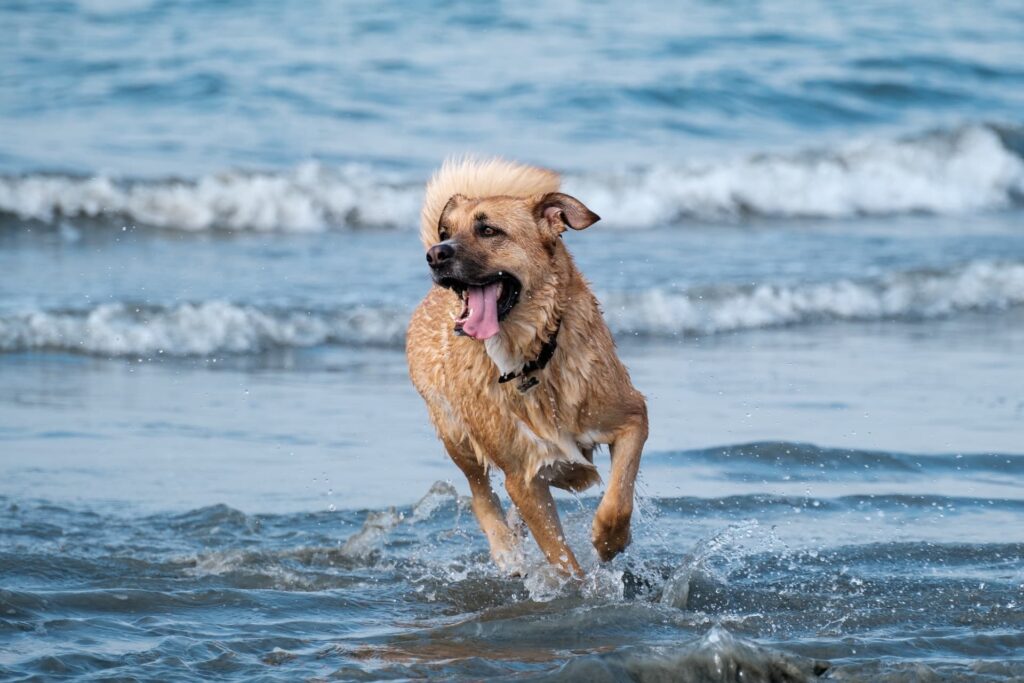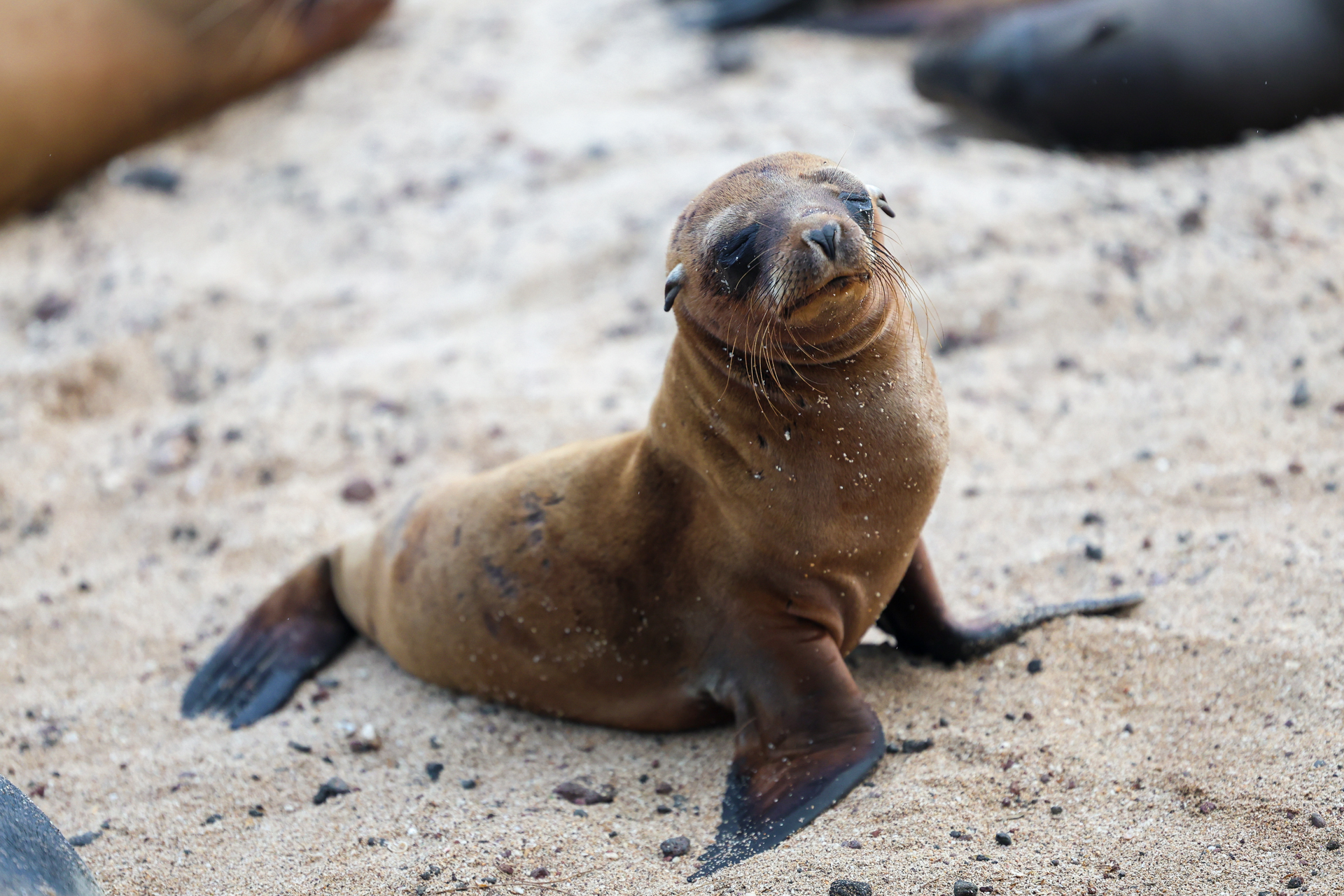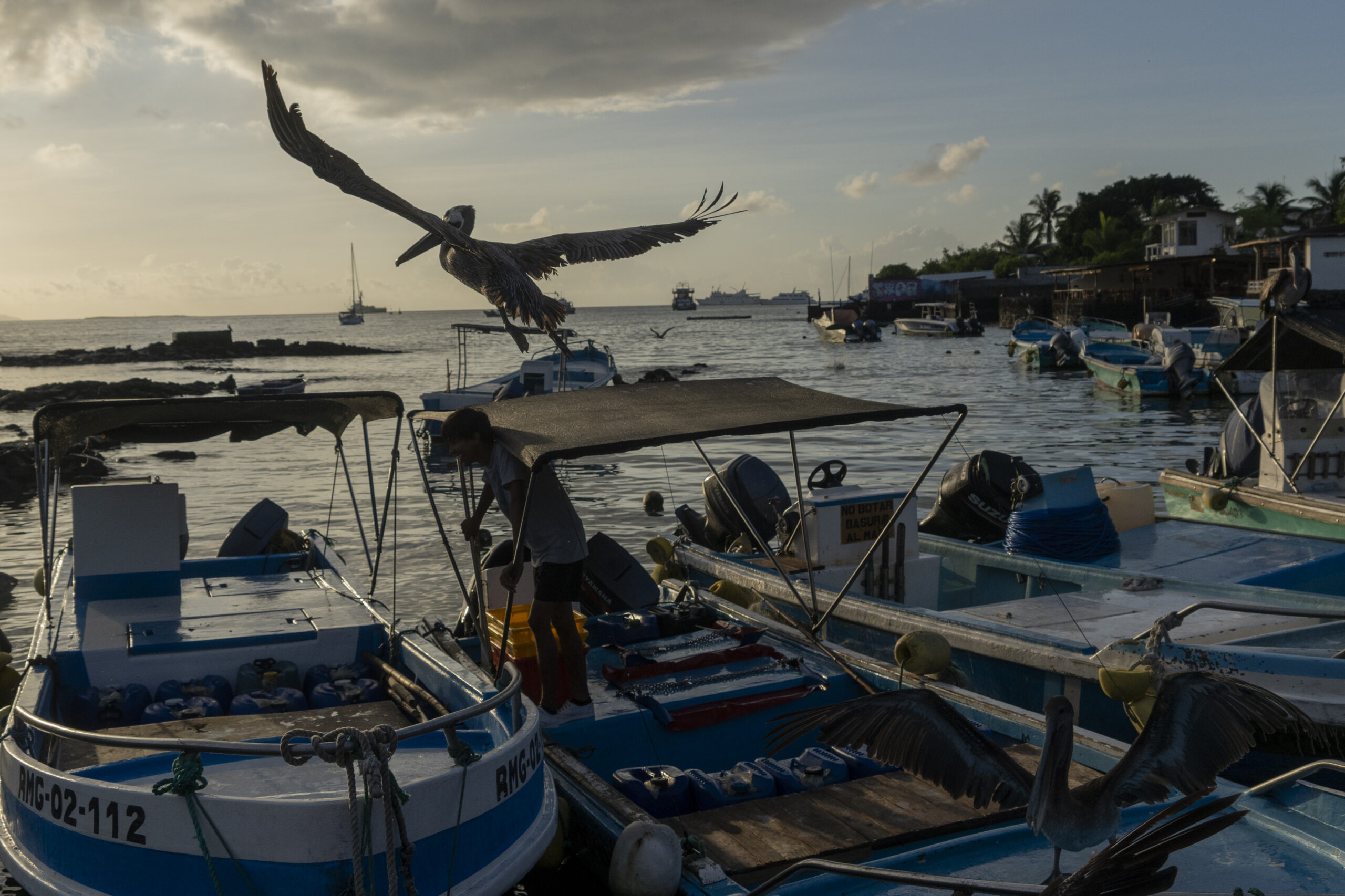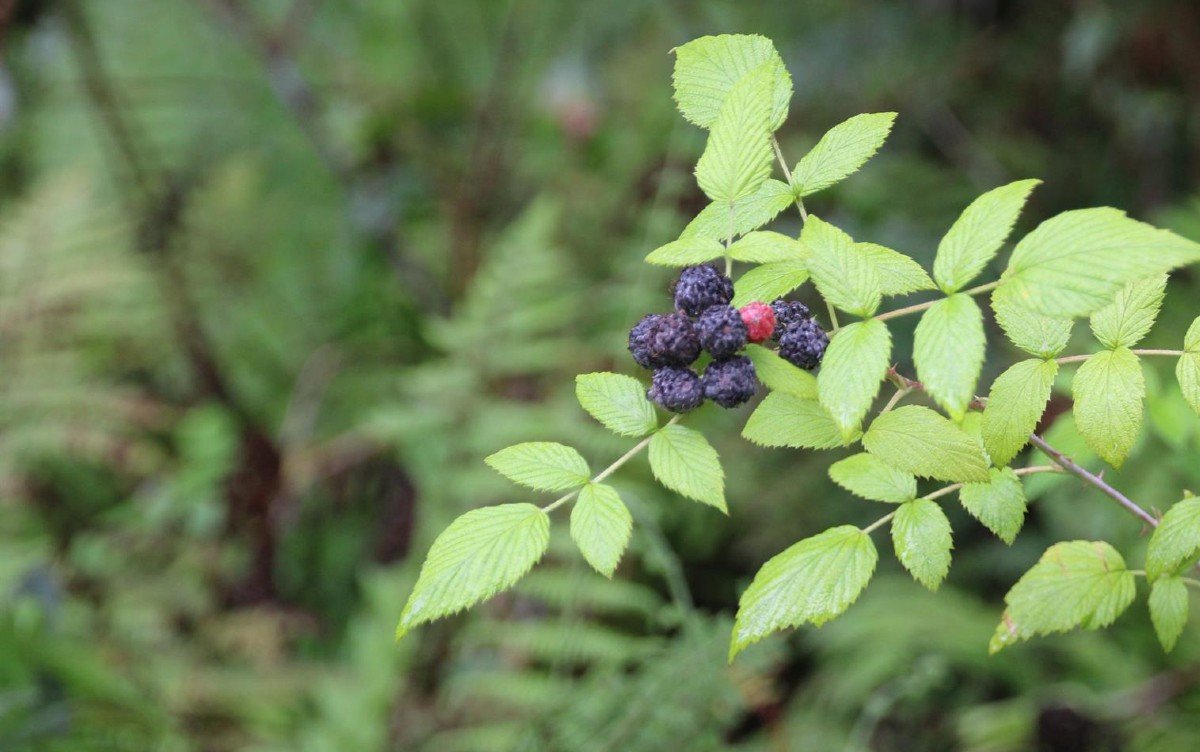Las Islas Galápagos albergan una biodiversidad única, pero también enfrentan amenazas relacionadas con enfermedades emergentes. Entre ellas, las transmitidas por garrapatas representan un riesgo tanto para la fauna local como para los animales domésticos. Dentro de este contexto, las bacterias del género Anaplasma son de especial interés por su capacidad de afectar la salud de los perros y su posible impacto en la fauna silvestre.
El propósito de este estudio fue determinar la presencia y prevalencia de especies de Anaplasma en perros de cuatro islas del Archipiélago de Galápagos (Santa Cruz, San Cristóbal, Florena e Isabela) y evaluar el papel potencial de la garrapata Rhipicephalus linnaei como vector en la transmisión de estos patógenos.
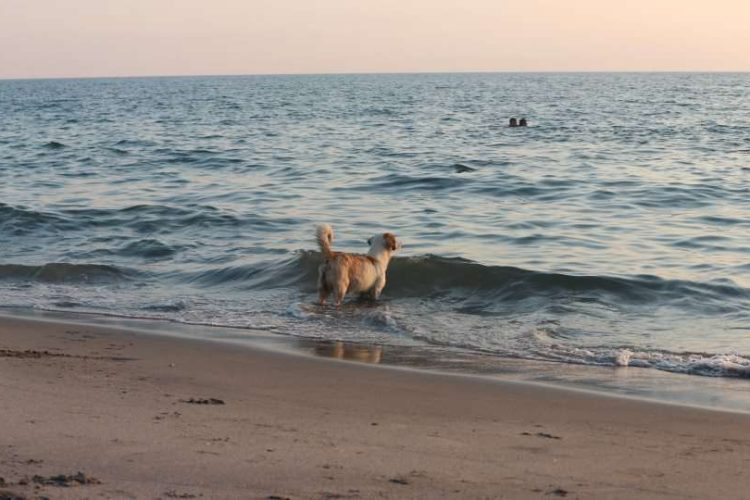
En esta investigación se recolectaron muestras de sangre de 1.221 perros y se realizaron colectas de garrapatas para su identificación morfológica y genética. Los análisis moleculares evidenciaron una prevalencia significativa de Anaplasma phagocytophilum (20,3%), con mayor frecuencia en Santa Cruz (35,16%) e Isabela (18,9%). Además, se detectó A. platysen un 2,9% de las muestras. Los estudios genéticos confirmaron la presencia del ecotipo I de A. phagocytophilum, relacionado con cepas europeas, y señalaron a R. linnaei como la única especie de garrapata asociada a los perros.
Este trabajo representa la primera confirmación molecular de Anaplasma phagocytophilum y A. platys en perros de Galápagos, aportando información crucial sobre la epidemiología de las enfermedades transmitidas por garrapatas en la región. Los resultados evidencian la necesidad de fortalecer la vigilancia y aplicar medidas de control que reduzcan el riesgo de transmisión, protegiendo así tanto a la población local como a los animales domésticos, y la biodiversidad única del archipiélago.
Lee el artículo completo aquí: https://doi.org/10.1155/tbed/5542334

